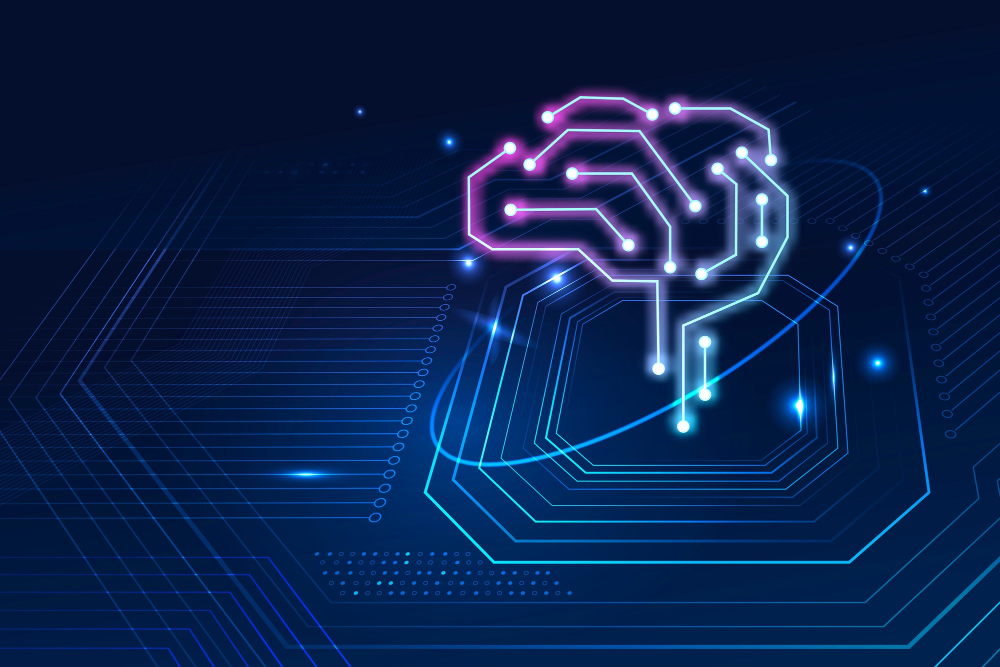Switzerland is heading into 2026 facing an AI transition marked by uncertainty, and it may not win a raw ‘compute race’ dominated by the biggest hardware buyers. In his blog ‘10 Swiss values and practices for AI & digitalisation in 2026,’ Jovan Kurbalija argues that Switzerland’s best response is to build resilience around an ‘AI Trinity’ of Zurich’s entrepreneurship, Geneva’s governance, and communal subsidiarity, using long-standing Swiss practices as a practical compass rather than a slogan.
A central idea is subsidiarity. When top-down approaches hit limits, Switzerland can push ‘bottom-up AI’ grounded in local knowledge and real community needs. Kurbalija points to practical steps such as turning libraries, post offices, and community centres into AI knowledge hubs, creating apprenticeship-style AI programmes, and small grants that help communities develop local AI tools. He also cites a proposal for a ‘Geneva stack’ of sovereign digital tools adopted across public institutions, alongside the notion of a decentralised ‘cyber militia’ capacity for defence.
The blog also leans heavily on entrepreneurship and innovation, especially Switzerland’s SME culture and Zurich’s tech ecosystem. The message for 2026 is to strengthen partnerships between Swiss startups and major global tech firms present in the region, while also connecting more actively with fast-growing digital economy actors from places like India and Singapore.
Instead of chasing moonshots alone, Kurbalija says Switzerland can double down on ‘precision AI’ in areas such as medtech, fintech, and cleantech, and expand its move toward open-source AI tools across the full lifecycle, from models to localised agents.
Another theme is trust and quality, and the challenge of translating Switzerland’s high-trust reputation into the AI era. Beyond cybersecurity, the question is whether Switzerland can help define ‘trustworthy AI,’ potentially even as an international verifier certifying systems.
At the same time, Kurbalija frames quality as a Swiss competitive edge in a world frustrated with low-grade ‘AI slop,’ arguing that better outcomes often depend less on new algorithms and more on well-curated knowledge and data.
He also flags neutrality and sovereignty as issues that will move from abstract debates to urgent policy questions, such as what neutrality means when cyber weapons and AI systems are involved, and how much control a country can realistically keep over data and infrastructure in an interdependent world. He notes that digital sovereignty is a key priority in Switzerland’s 2026 digital strategy, with a likely focus on mapping where critical digital assets are stored and on protecting sensitive domains, such as health, elections, and security, while running local systems when feasible.
Finally, the blog stresses solidarity and resilience as the social and infrastructural foundations of the transition. As AI-driven centralisation risks widening divides, Kurbalija calls for reskilling, support for regions and industries in transition, and digital tools that strengthen social safety nets rather than weaken them.
His bottom line is that Switzerland can’t, and shouldn’t, try to outspend others on hardware. Still, it can choose whether to ‘import the future as a dependency’ or build it as a durable capability, carefully and inclusively, on unmistakably Swiss strengths.
Would you like to learn more about AI, tech and digital diplomacy? If so, ask our Diplo chatbot!










